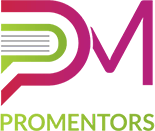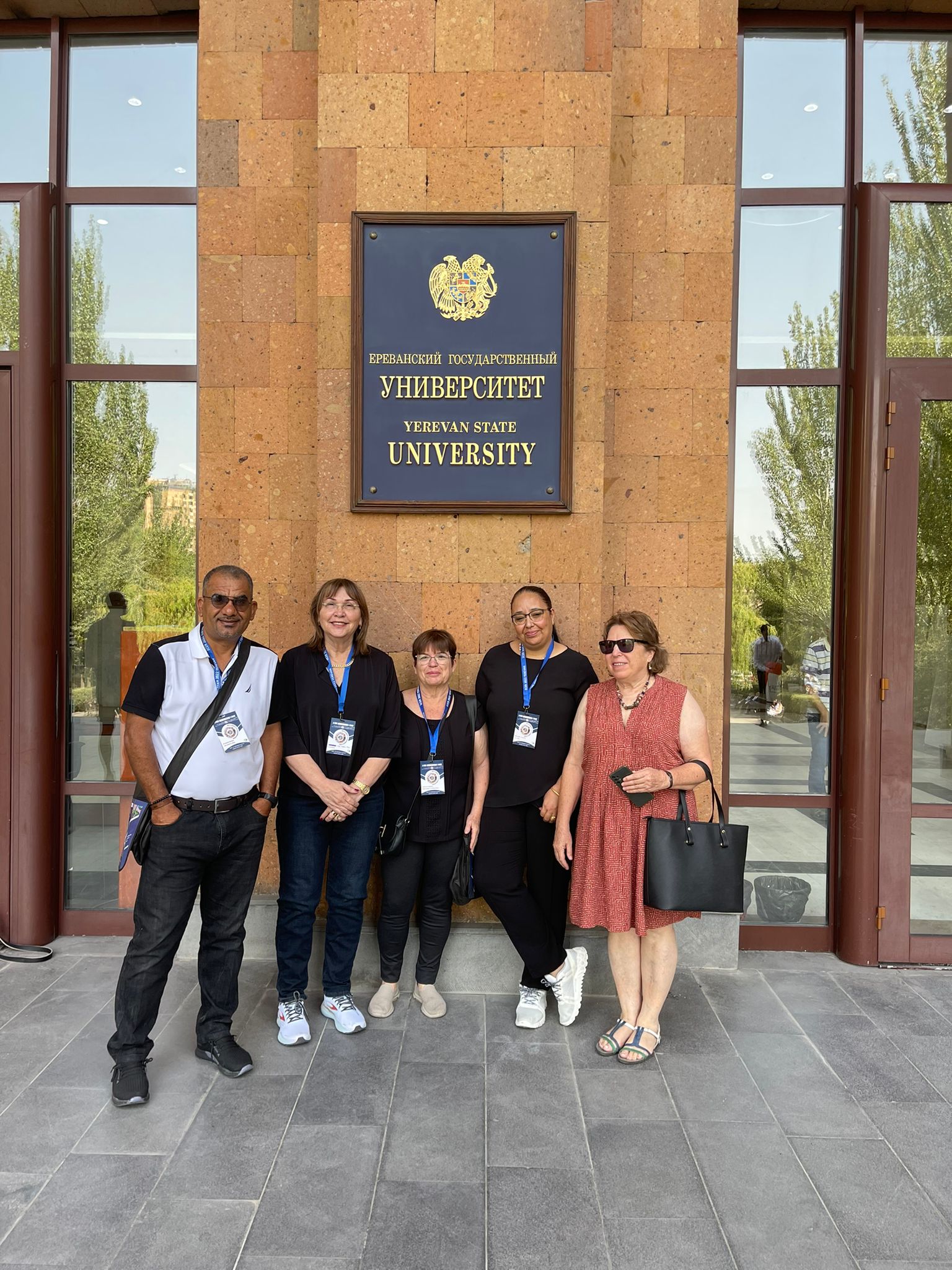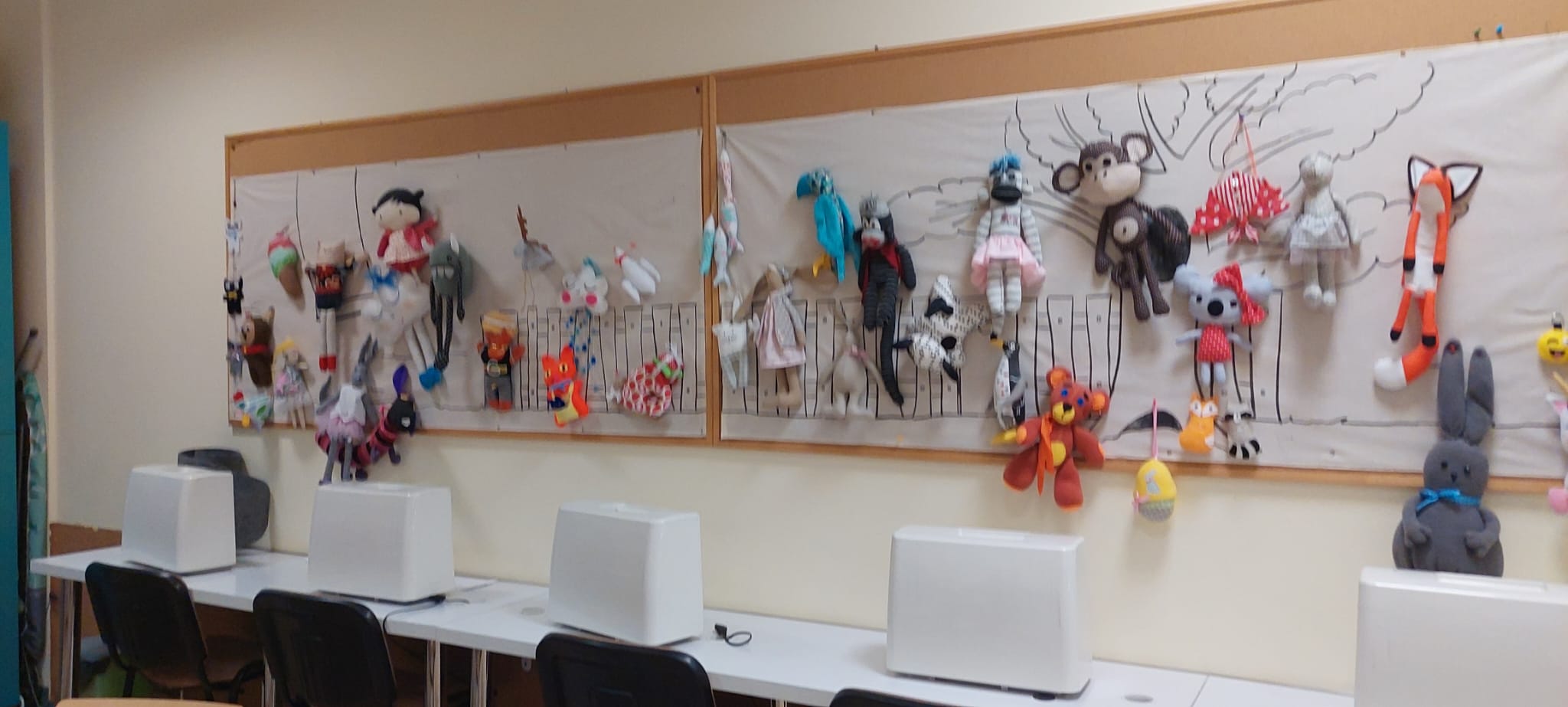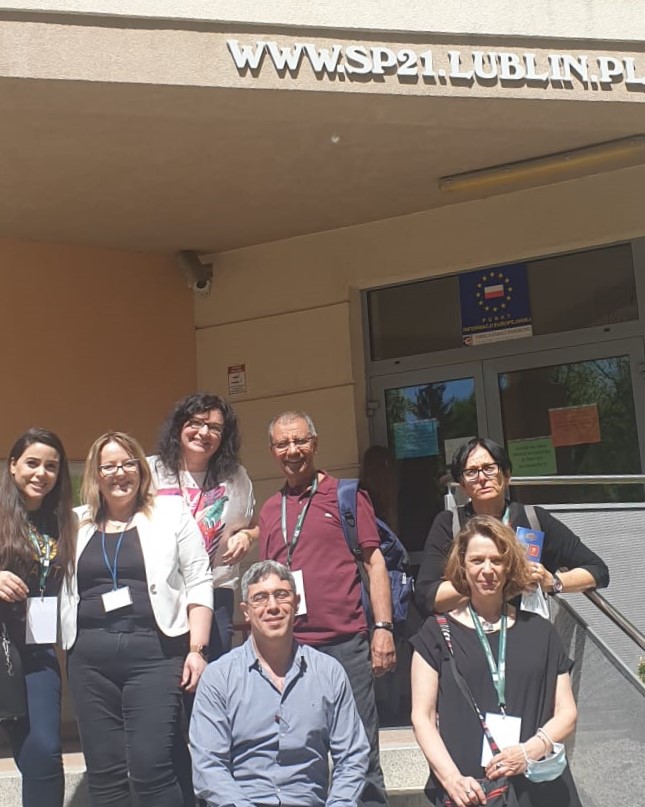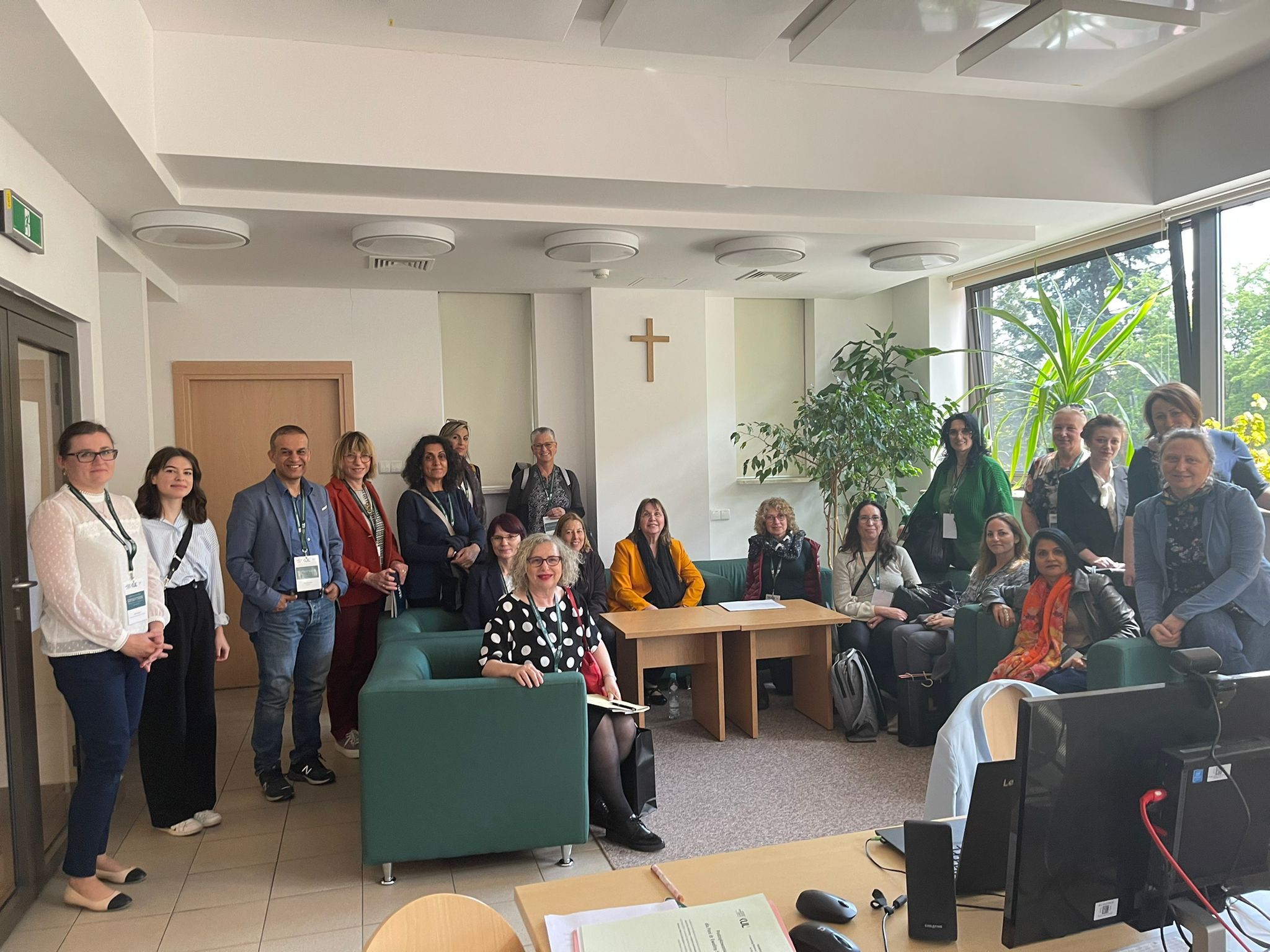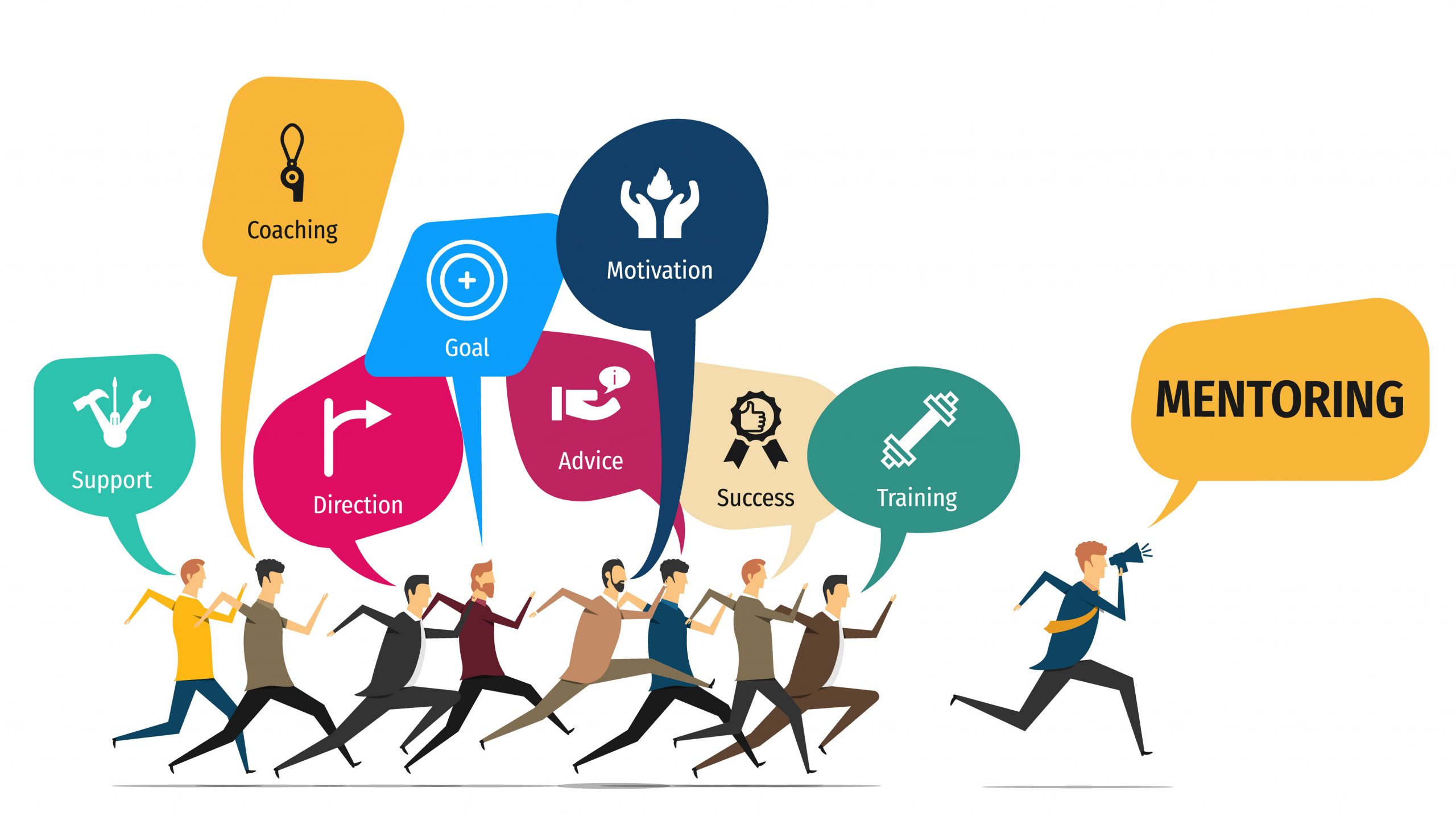Written by Dr. Ester Gueta, Hemdat HaDarom College of Education
Edited by Tslil Farchi & reviewed by Marsha Hachmon
On the morning of October 10th 2021, I found out that my passport had expired, and I needed to renew it. Therefore, I arrived at the airport 5 hours ahead of time with my good friend, like-a-sister, Kochi. There I was told that since I had already renewed my passport in the past, I won’t be able to do it again at the airport, and I must go to the Ministry of the Interior. That’s when I realized I will be missing the flight. But I wasn’t alone, the amazing Kochi presented me with a fact: we’ll stick together all the way to Finland!
Our original flight was scheduled to depart at 10am, but we had to cancel our tickets and book new ones. And the disadvantages kept coming – Not only the next flight included a 5 hour wait for a connection flight, its departure was at midnight – meaning a 14 hours’ delay!
After recovering from the frustrating circumstances, Kochi and I made two decisions with the encouragement of Reuma and Shadia:
- We will fly to the conference in Finland no matter what!
- From this moment on we will work and enjoy it as much as possible!
And so it was – We opened a work area at the airport and worked, ate, laughed, drank coffee, used the restroom, drank more coffee, used the restroom again, fell asleep and so on. In short it was great fun. I am telling you this in order to show you how life gave us lemons and we turned them into lemonade! This motto accompanies us in working on projects in the field of education, especially on the Promentors’ project. Our purpose is to make difficulty into challenge, from which we can grow and maybe enjoy too.
Every gathering with new teachers exposes a wide range of difficulties that accompany them in their first steps in the educational system, such as: managing a classroom, colleague interaction, dealing with parents and school managements, etc. The main purpose of mentoring is to give the beginning teachers tools in order to embrace the difficulty, and even ask: what does this difficulty summon for me? What does this difficulty ask me to think and\or do differently? What would help me turn this difficulty into challenge? What can I gain out of this difficulty?
For example, in one of the gatherings every participant was requested to briefly describe (on a note) a recent difficulty they had lately. The notes were mixed, every participant had to pick out a random one, and write on the other side of it a way\ mean\ method\ model with which a person could turn their difficulty into a challenge (with reference to the questions presented above).
Afterwards, in the general assembly we had a discussion about the difficulties and the suggestions which were brought up. This experience was all about partnership, and understanding that everyone is dealing with similar difficulties. Everyone can take a difficulty, and change it from an obstacle into a bounce to success – a lemon into lemonade.
Hemdat Hadarom’s educational sub in general, and more specifically in work at the greenhouses is: Pedagogy of Resilience. One of the characteristics of Resilience is growing out of struggle. The ability to see difficulty as challenge and turn it into success, is the basis of building a sense of ability. This is what will transform the new teachers’ acclimation in the system into an experience, which encourages them to persevere in the system and develop professionally.
Coming back to the seminar in Finland – it was wonderful. The workshop aspects of the seminar were dedicated to the what was done in the project’s greenhouses. For example, Kochi and I were the representatives of Hemdat HaDarom Academic College, and we presented the theme of partnership via a Chazal article. Chazal is the Hebrew acronyms for: Our Sages, may their memory be blessed. In this article there was reference to the importance of studying in chavruta – a Jewish orthodox slang, usually used in yeshiva, which means learning companion.
This chavruta, was the format that characterized Chazal’s times (from the second century and onwards). This format was partly executed in learning in pairs, a method that allowed clarification, accuracy and deepening of the studied material. This method was metaphorical described by Chazal with the phrase: The knife does not sharpen except in its companion’s thigh.
In summary, the seminar was an opportunity to deepen our personal and professional acquaintance with the project’s members. We were exposed to the diverse work of the partners, experienced mutual empathy, and above all valued the tremendous potential of the partnership in its various aspects. Our flight story to Finland is a story about partnership, resilience, and turning difficulty into a challenge and opportunity. I wonder what challenge will arise on the flight to our next seminar ….. already waiting!
